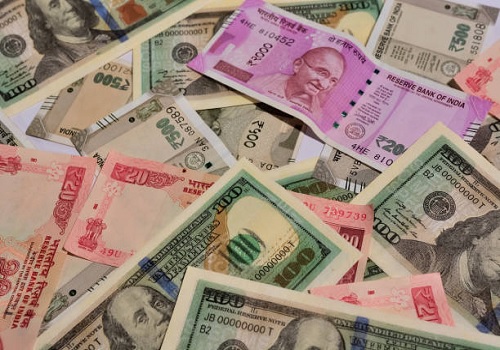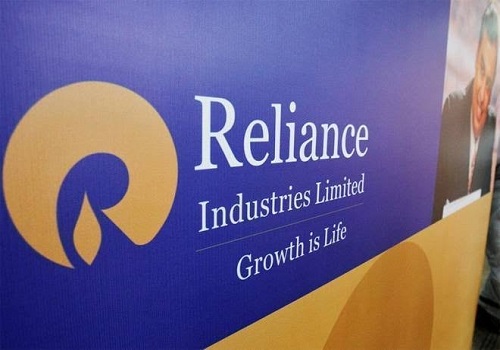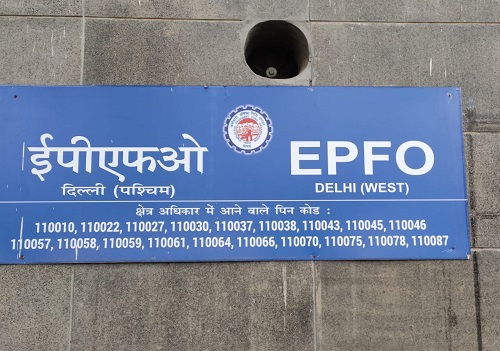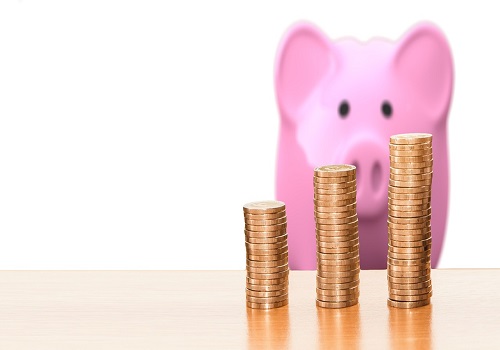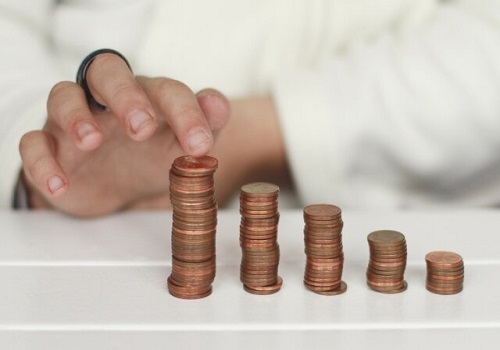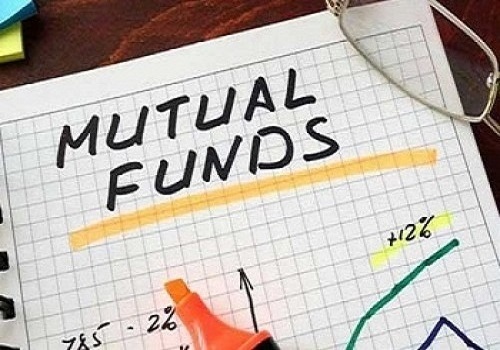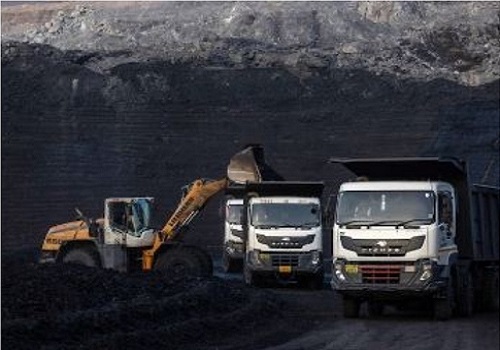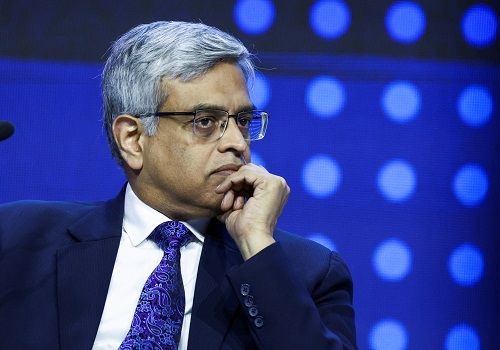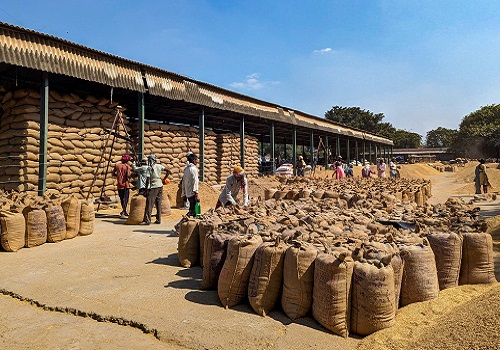Debt Market Observer for September 2023 by Pankaj Pathak, Quantum Mutual Fund

Follow us Now on Telegram ! Get daily 10 - 12 important updates on Business, Finance and Investment. Join our Telegram Channel
Why Soaring Oil Prices Couldn't Dampen Market Mood
From inflation and monetary policy, market’s attention has now shifted to rising crude oil prices and a possibility of global bond index inclusion. The push-pull effect of these opposing forces has added volatility in the bond market and made the future look more uncertain.
Oil on rise; but the link is broken
Crude oil prices have jumped more than 30% in the last three months due to supply cuts by the OPEC+ alliance which includes 23 oil producing countries and account for over 40% of world crude oil production. The brent oil prices began to soar from the lows of ~USD 72/barrel in June 2023 to near USD 95/barrel as of September 19, 2023.
India imports more than 85% of its total crude oil demand. Rising oil prices, citrus paribus, will increase the import bill, expand current account deficit, lower growth, and push up inflation.
Chart – I: Indian Economy Sensitive to Crude Oil
Increase of 10% in crude oil price can add about 25 basis points to the headline CPI directly through increase in domestic fuel prices. Its second-round impact through increased transportation cost for other goods and services can add another 20-30 basis points in the headline inflation.
On face of it, it seems like a big negative for the inflation outlook. However, we argue that the actual impact on inflation will not be that significant this time around. The link between the global crude oil price and domestic fuel prices is broken.
Prices of diesel and petrol are kept constant for the last 14 months. LPG prices have been cut recently for both the retail consumers and commercial users. We do not see a reversal in this trend anytime soon. Atleast not till the general elections in May 2024.
Chart –II: Petrol prices remained flat for more than 14 months despite sharp fall and rise in crude oil price
Taming inflation through supply side measures is one of the stated priorities of the government. In words of the finance minister Nirmala Sitharaman "Obsession to use interest rates as the only tool to deal with inflation and not manage the supply side factors will not give a complete solution".
In line with this thought, the government has announced various supply side measures to control food inflation over the last few months. We expect that the government will adopt a similar stance for the fuel prices given its impact on the consumer sentiment and inflation expectation.
In case global crude oil prices remain elevated for an extended period, we would expect a cut in fuel taxes to keep pump prices under check. Reduction of excise duty on petrol and diesel by Rs. 5/ltr could lead to revenue loss of around Rs. 750 billion for the Central government. Given robust direct tax collections (23.5% y-o-y growth in H1 FY24), this can be absorbed in the government’s budget without any significant widening of fiscal deficit and market borrowings.
Also, as the chart above shows, oil marketing companies did not pass on the benefit of lower crude oil price in the first half of the year, they might be asked to share the burden of higher crude oil prices in the later half.
All in all, we do not expect any material impact on inflation outlook and monetary policy due to crude oil prices. Nevertheless, rising crude oil price will continue to have a significant impact on the market sentiment. Thus, an upward bias in yield, in case of further rise in crude oil price, cannot be ruled out.
Above views are of the author and not of the website kindly read disclaimer












 320-x-100_uti_gold.jpg" alt="Advertisement">
320-x-100_uti_gold.jpg" alt="Advertisement">


